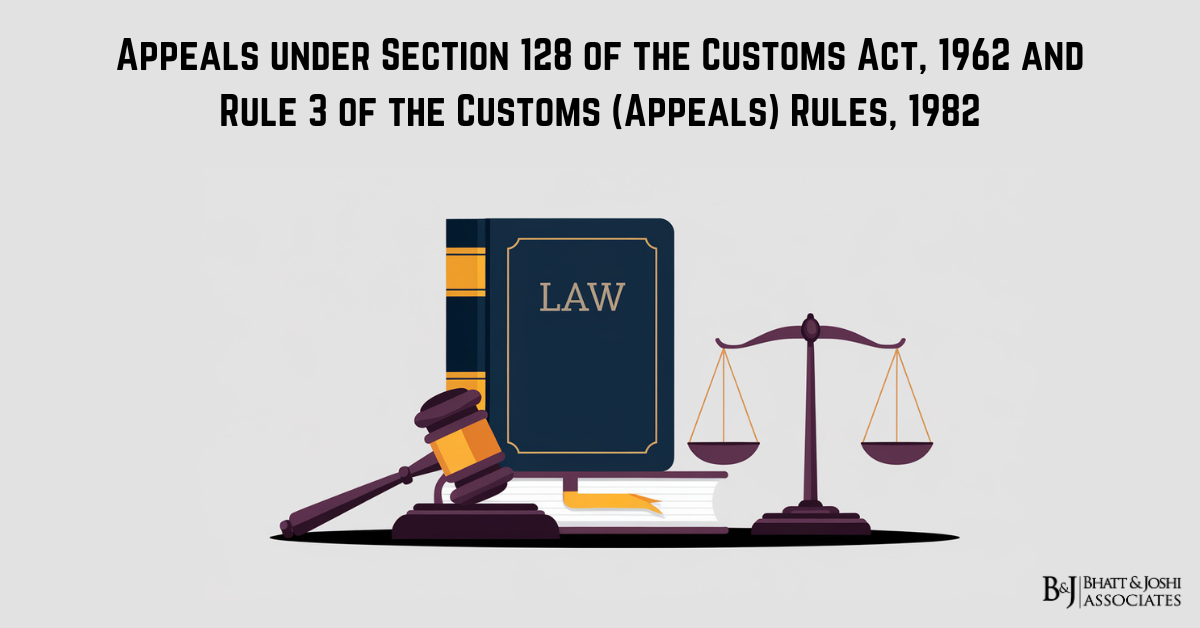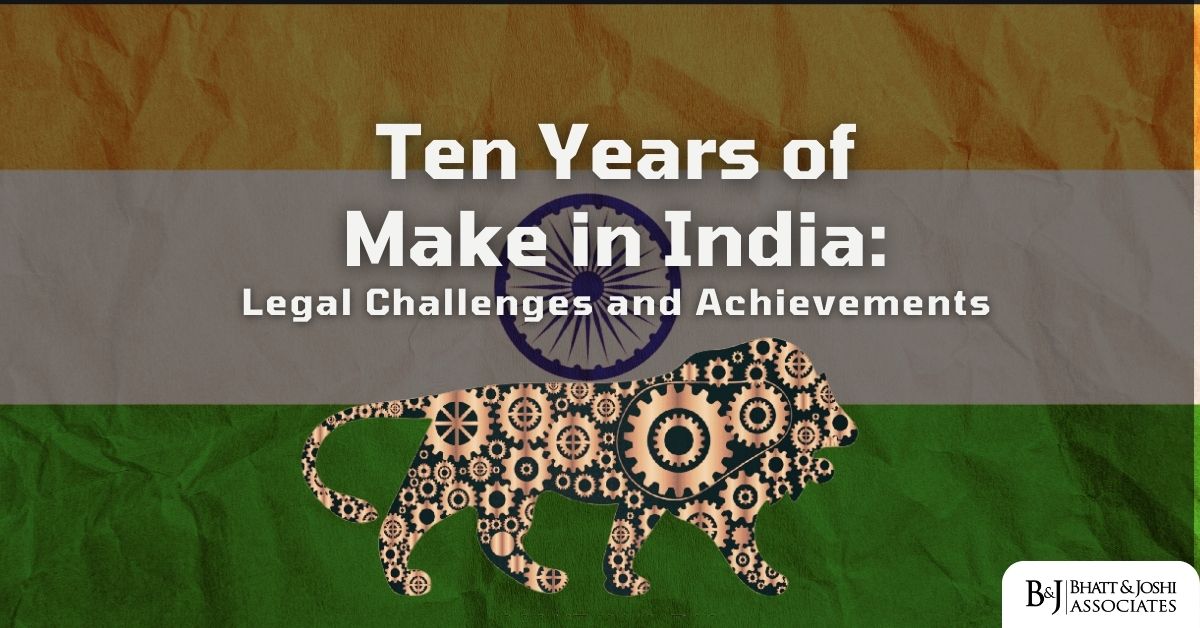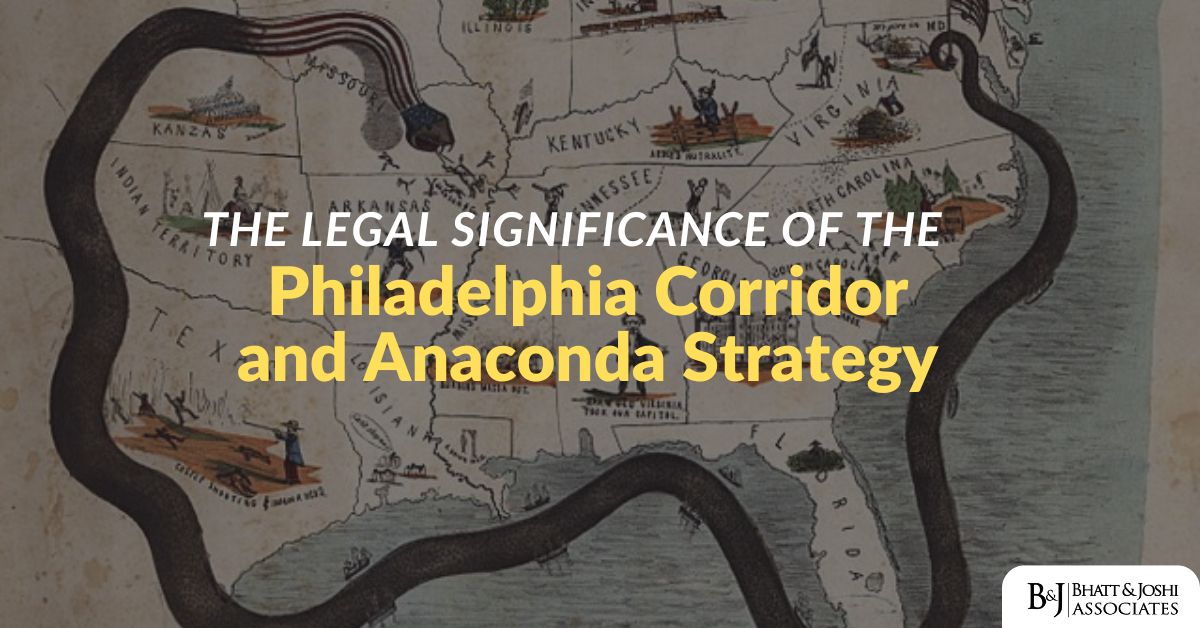Introduction
The Customs Act, 1962 is a comprehensive legislation that governs the import and export of goods in India. One of the critical aspects of this Act is the provision for appeals, which allows aggrieved parties to challenge decisions made by customs authorities. Section 128 of the Customs Act, 1962, read in conjunction with Rule 3 of the Customs (Appeals) Rules, 1982, provides the framework for filing and processing appeals against orders passed by customs officers. This article delves deep into the intricacies of these provisions, exploring their scope, procedural aspects, and the jurisprudence that has evolved around them over the years.
Understanding Section 128 of the Customs Act, 1962
Section 128 of the Customs Act, 1962 is the primary provision that establishes the right to appeal against decisions made by customs authorities. This section is crucial as it provides a mechanism for checks and balances within the customs administration system. It allows any person aggrieved by any decision or order passed under the Act by an officer of customs lower in rank than a Principal Commissioner of Customs or Commissioner of Customs to appeal to the Commissioner (Appeals) within sixty days from the date of the communication to him of such decision or order. The scope of Section 128 is broad and encompasses a wide range of decisions and orders that can be appealed. These may include assessments of duty, imposition of penalties, confiscation of goods, and various other determinations made by customs officers in the course of their duties. The provision is designed to ensure that importers, exporters, and other stakeholders have recourse to a higher authority if they feel that a decision or order is unjust or not in accordance with the law.
One of the key aspects of Section 128 is the time limit for filing an appeal. The sixty-day period is strictly enforced, and failure to file an appeal within this timeframe can result in the appeal being dismissed as time-barred. However, the section does provide for some flexibility in cases where there is sufficient cause for delay. The Commissioner (Appeals) has the discretion to condone delays if satisfied that the appellant was prevented by sufficient cause from presenting the appeal within the prescribed period. The Commissioner (Appeals), to whom the appeal is made under Section 128, holds a significant position in the appellate hierarchy. This officer is empowered to review the decision of the lower authority and can confirm, modify, or annul the decision or order against which the appeal is filed. The Commissioner (Appeals) can also refer the matter back to the original authority for fresh adjudication with specific directions.
Rule 3 of the Customs (Appeals) Rules, 1982: Procedural Framework
While Section 128 of the Customs Act provides the statutory basis for appeals, Rule 3 of the Customs (Appeals) Rules, 1982 lays down the procedural framework for filing and processing these appeals. These rules are instrumental in ensuring that the appeal process is standardized, transparent, and efficient. Rule 3 specifies the form and manner in which an appeal under Section 128 should be filed. It mandates that the appeal should be in Form C.A.-1, which is a prescribed format that includes details such as the name and address of the appellant, the designation of the officer who passed the order appealed against, the date of the order, and the grounds of appeal, among other particulars. One of the critical requirements under Rule 3 is the submission of a statement of facts. This statement should clearly outline the facts of the case and the basis on which the appellant is challenging the order. The rule also requires the appellant to specify the grounds of appeal separately and concisely. This requirement is crucial as it helps in focusing the appeal on specific issues and allows the Commissioner (Appeals) to understand the crux of the appellant’s grievance.
Another important aspect of Rule 3 is the requirement to submit relevant documents along with the appeal. These may include a copy of the order appealed against, copies of any orders passed by lower authorities, and any other document relied upon by the appellant. The rule also specifies that where the order appealed against relates to any goods which are not in the possession of the appellant, the location of the goods should be stated in the appeal. Rule 3 also addresses the issue of fees for filing an appeal. It stipulates that the appeal should be accompanied by a fee, the amount of which varies depending on the value of the goods or the duty demanded or penalty imposed. This fee serves multiple purposes – it acts as a deterrent against frivolous appeals and also contributes to the administrative costs of processing the appeal.
An important provision under Rule 3 is the requirement for authorization in cases where the appeal is filed by a person other than the aggrieved party. This could be relevant in situations where a customs house agent or a legal representative is filing the appeal on behalf of the importer or exporter. The rule requires such a person to file an authorization from the person on whose behalf the appeal is filed.
Jurisprudence and Case Law
Over the years, a significant body of jurisprudence has developed around Section 128 of the Customs Act and Rule 3 of the Customs (Appeals) Rules. Courts and tribunals have interpreted various aspects of these provisions, providing clarity on their application and scope. One of the landmark cases in this regard is the Supreme Court judgment in Commissioner of Customs (Preventive) v. Aafloat Textiles (I) P. Ltd. (2009). In this case, the Supreme Court dealt with the issue of condonation of delay in filing an appeal under Section 128. The court held that the power to condone delay should be exercised judiciously and that mere inability to pay the duty demanded is not a sufficient ground for condonation of delay.
Another significant case is Commissioner of Customs v. Priya Blue Industries (P) Ltd. (2004), where the Supreme Court emphasized the importance of following the prescribed procedure for appeals. The court held that non-compliance with the procedural requirements, such as filing the appeal in the prescribed form or paying the requisite fee, can lead to the dismissal of the appeal.
In Commissioner of Customs v. Toyo Engineering India Ltd. (2006), the Supreme Court dealt with the scope of the Commissioner (Appeals)’ powers under Section 128. The court held that the Commissioner (Appeals) has wide powers to review the order appealed against and is not confined to the grounds raised in the appeal.
The issue of pre-deposit for filing an appeal has been a subject of much litigation. In Union of India v. Ashok Leyland Ltd. (2012), the Supreme Court upheld the constitutional validity of the pre-deposit requirement, holding that it serves the dual purpose of discouraging frivolous appeals and safeguarding revenue interests.
Challenges and Recent Developments
Despite the well-established framework for appeals under the Customs Act, several challenges persist. One of the primary issues is the backlog of cases at various appellate forums, leading to delays in the disposal of appeals. This has led to discussions about the need for alternative dispute resolution mechanisms and measures to expedite the appeal process. In recent years, there have been efforts to digitize the appeal process. The Central Board of Indirect Taxes and Customs (CBIC) has introduced e-filing of appeals, which aims to make the process more efficient and transparent. This move towards digitization is expected to reduce paperwork, minimize errors, and expedite the processing of appeals.
Another significant development is the introduction of the Customs (Electronic Integrated Declaration and Paperless Processing) Regulations, 2019. While these regulations primarily deal with the digitization of customs processes, they also have implications for the appeal process, particularly in terms of documentation and evidence submission. The government has also been considering measures to reduce litigation in customs matters. This includes initiatives like pre-show cause notice consultation, which aims to resolve disputes at an early stage and potentially reduce the number of appeals filed under Section 128.
Conclusion: The Role of Section 128 of the Customs Act, 1962 in Customs Appeals
Section 128 of the Customs Act, 1962 and Rule 3 of the Customs (Appeals) Rules, 1982 provide a crucial mechanism for seeking redressal against orders passed by customs authorities. These provisions ensure that aggrieved parties have a structured process to challenge decisions they believe are unjust or not in accordance with the law. The procedural framework laid down by these provisions, coupled with the jurisprudence that has evolved over the years, provides a comprehensive system for handling appeals in customs matters. However, the effectiveness of this system is continually being tested by the dynamic nature of international trade and the evolving challenges in customs administration.
As India continues to integrate more deeply with the global economy, the importance of an efficient and fair appellate mechanism in customs matters cannot be overstated. The ongoing efforts to streamline the appeal process, reduce litigation, and leverage technology are steps in the right direction. However, there is a need for continuous evaluation and reform to ensure that the appeal mechanism remains responsive to the needs of all stakeholders while upholding the principles of natural justice and the rule of law. The future of customs appeals in India is likely to see a greater emphasis on alternative dispute resolution mechanisms, further digitization of processes, and possibly, reforms in the structure of appellate authorities. As these developments unfold, Section 128 of the Customs Act and Rule 3 of the Customs (Appeals) Rules will continue to play a pivotal role in shaping the landscape of customs litigation in India.














